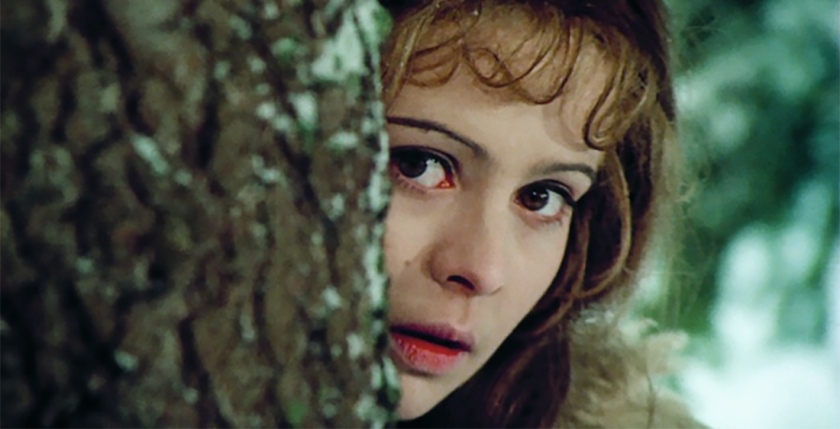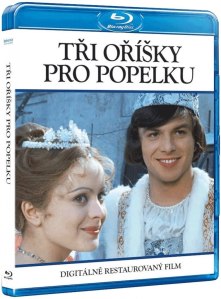
Let’s face it – most modern film versions of fairytales suck.
The pervasive obsession with postmodern spins on these timeless tales is largely to blame, and one big green grumpy ogre has been the chief culprit over the past twenty years or so.
The trend started much earlier though, with The Princess Bride in 1987. It wasn’t a hit at the box office but built a devoted cult following and, while it pokes fun at fairytales, it felt like an affectionate tribute and still had a magic of its own.
The real groundwork for the genre’s ultimate destruction came with Robin Williams’ motormouthed genie in Aladdin five years later. The classic Disney comedy sidekick had been around for many years, but it wasn’t until his livewire performance put a jolt into the tired House of Mouse formula that the postmodern take on a classic tale really took hold. Although the film was ostensibly set in ancient Arabia, the genie was a burst of irreverent, anachronistic energy, riffing on cars, quiz shows and submarines while firing off impressions of Groucho Marx and Jack Nicholson.

Buy Three Wishes for Cinderella from Amazon HERE
Then in 2001 came DreamWorks’ Shrek. Based on William Steig’s children’s book, the project had been in development for several years, with names like Nicolas Cage and Chris Farley attached as the grumpy ogre, before the part eventually fell to Mike Myers. He trotted out his favourite Scor-tesh accent and Eddie Murphy tried to out-do the irreverence as his wisecracking donkey sidekick. Indeed, it felt like a movie entirely populated by comedy sidekicks and its approach initially seemed fresh, putting a spin on a variety of fairytale characters ranging from the Gingerbread Man to Puss in Boots (who got his own movie spinoff). Shrek was a massive hit and the concept of an earnest fairytale was pretty much lost…
Continue reading “Three Wishes for Cinderella (Tři oříšky pro Popelku) – Václav Vorlíček, 1973”